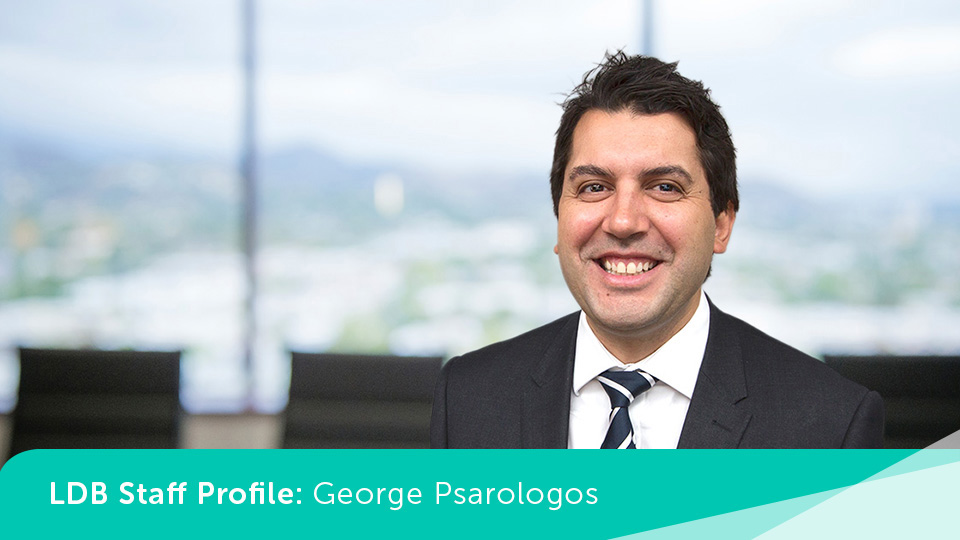July 29, 2024
When should landlords charge GST on outgoings?

Property investments continue to be a crucial part of the portfolio for many Australians, whether that’s as a business, an individual, or via a self-managed super fund.
As such, understanding the specifics of tax obligations, such as the Goods and Services Tax (GST) on outgoings, is important for optimising returns on commercial property investments, remaining compliant with the ATO, and of course for doing the right thing by tenants. Landlords, particularly those with more than one property investment, need to stay on top of the details when it comes to passing on outgoings to tenants. GST only applies to certain services and expenses, so it’s worth consistently paying careful attention during transaction processes in order to apply GST correctly according to Australian taxation laws.
Key considerations for charging GST on property outgoings
Let’s now run through what investment property owners should take into account when considering charging GST to tenants on outgoings.
Type of property
Residential property leases are input taxed and not subject to GST, with outgoings and GST issues only being relevant to commercial properties.
Annual turnover:
Is the landlord liable for GST based on their annual turnover being above the GST threshold?
GST registration:
Is the individual or business which owns the property registered for GST?
Nature of expenses:
Do the original costs incurred include GST that should be passed on? For instance, while some components of council rates and water costs might be GST-exempt, others, like fire services, generally include GST.
GST-free operational costs:
Somes costs incurred by the landlord related to the property may be provided GST-free. However, as these costs form part of the business operational cost of renting the property, they must include GST when being charged to tenants. This means that landlords need to add GST when passing these costs onto tenants, even if the original expense was GST-free, with the GST component clearly outlined and itemised in invoices provided.
Transparent accounting:
When outgoings like property management fees and maintenance costs attract GST, these should be explicitly itemised on invoices sent to tenants. It’s crucial to ensure that GST is not double-charged.
Implementing GST on rental property outgoings
As a general rule, all property-related expenses should include GST when they are passed on to tenants. It’s important for landlords to be aware of whether the cost incurred included GST that should be passed on, or whether GST must be added to a cost that was provided GST-free in the first place. This adjustment ensures that all outgoings, regardless of their initial tax status, are compliant with current GST regulations.
For landlords and property investors, staying informed about investment property tax deductions and leveraging strategic tax accountants can significantly ease the complexities associated with property-related tax planning.
Expert tax advice for property owners
If you have questions or need clarification on GST handling for tenant charges and outgoings, LDB’s taxation specialists are here to assist. Our team provides comprehensive tax accounting services and advice, ensuring your investments are both compliant and optimally structured for tax efficiency.
Our practice provides a diverse portfolio of financial solutions that covers a range of relevant services for both commercial and residential property investors, including tax accounting, wealth management, lending, and property management services. For expert advice and planning services, contact LDB on (03) 9875 2900.





